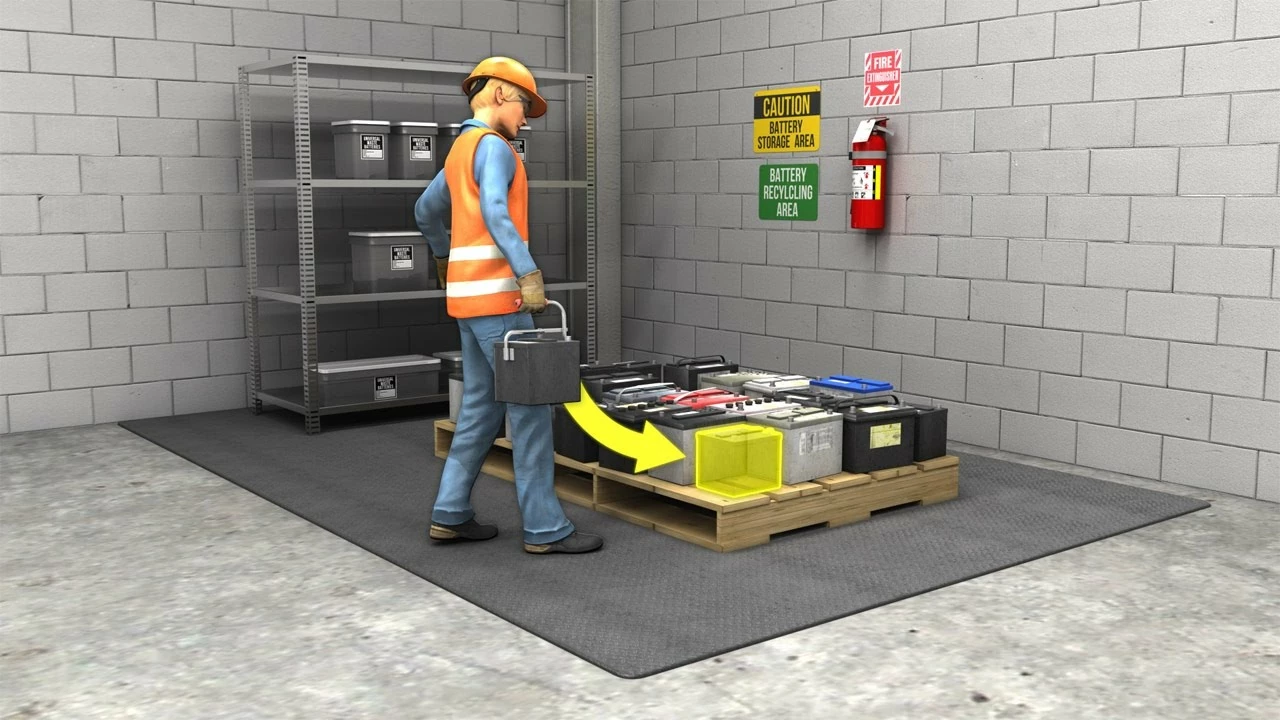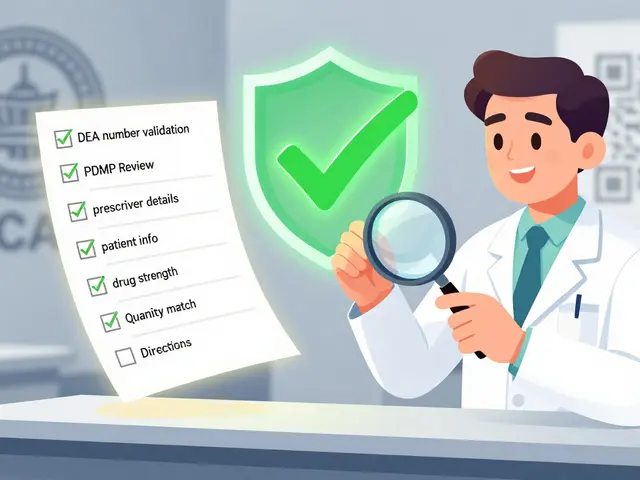Medication Safety: Practical Tips for Buying, Using, and Storing Medicines
“Skipping basic safety checks when you buy meds online can cost you health and money.” That’s blunt, but true. This tag gathers clear, useful posts about safe online pharmacies, side effects to watch for, drug alternatives, legal import rules, and everyday medicine handling. Read one short guide now and avoid common mistakes people make every day.
Start by treating every medication decision like a mini-checklist. Who prescribed it? Do you have a valid prescription? Is the pharmacy real? If any answer is shaky, pause and ask. Real pharmacies show a business address, a way to contact a licensed pharmacist, and clear licensing or registration info for their country.
How to buy medicines online without getting burned
Only use sites that require prescriptions for prescription drugs. Check for third-party reviews and watch for overly low prices—if a deal looks unreal, the product might be fake. In the UK, NHS links and MHRA registration are good signs; in the US, look for clear state licenses or accreditation like VIPPS. If a site pressures you to pay by odd methods or asks you to avoid customs, stop and report it.
Thinking about importing meds? Read the FDA personal-use policy and customs rules for your country first. Small quantities may be allowed in some cases, but rules vary and being caught with unapproved drugs can mean seizure or worse. Our posts explain how people legally buy from Canada and which workarounds are risky.
Using medicines safely at home
Follow the label and your prescriber’s instructions exactly. Don’t stop abruptly if you notice side effects—mood changes on anastrozole or weight shifts on antidepressants require a doctor’s advice, not internet fixes. Always tell your clinician about all medicines you take, including supplements and herbal remedies; interactions are common and sometimes dangerous.
Store meds in a cool, dry place away from kids and pets. Some meds need refrigeration, others must stay sealed; check expiry dates and the leaflet. Dispose of expired or unused drugs properly—many pharmacies run take-back programs. Don’t flush pills unless the leaflet specifically says it’s safe to do so.
Use batch numbers and packaging details to check authenticity. If a tablet looks different from usual, call your pharmacist before taking more. When price matters, check patient assistance programs and vetted discount services rather than risky foreign sellers—our tag lists reliable alternatives to popular discount sites and pharmacy brands.
Finally, ask questions. If a site's safety is unclear, call the pharmacy and ask for a pharmacist. If a drug causes serious reactions, report it to your health authority. Safety is about small steps done every time you buy or take medicine—do them, and you lower your risk a lot.





